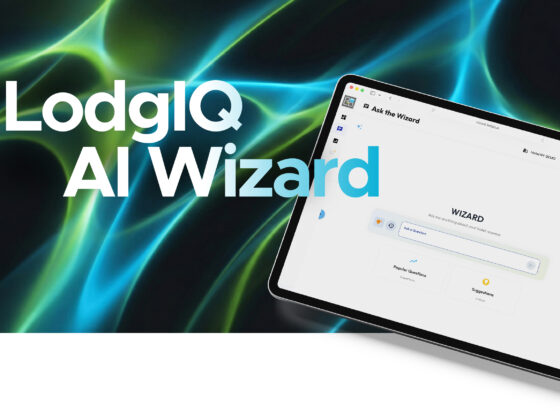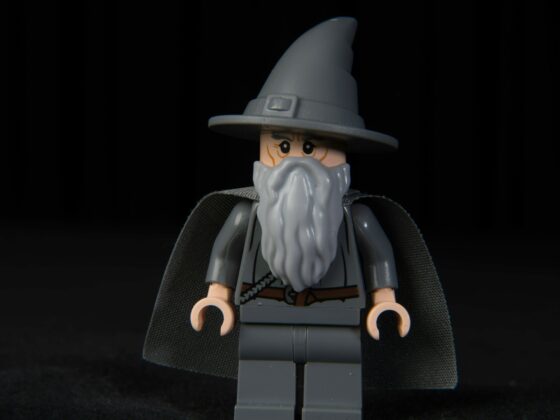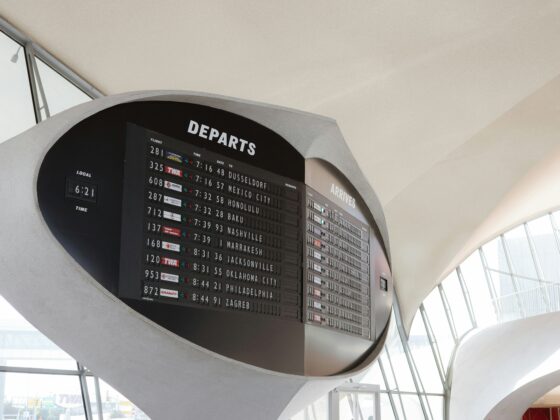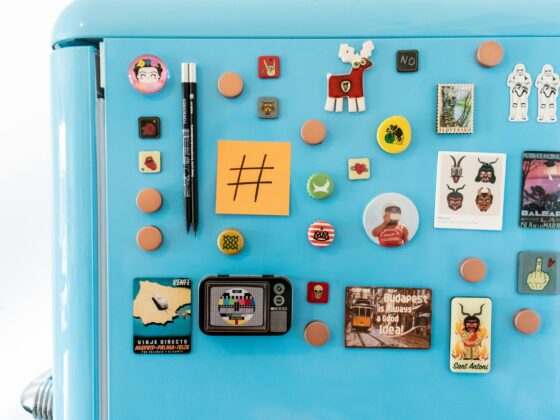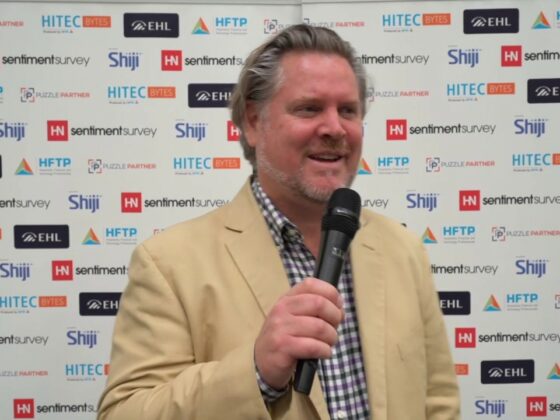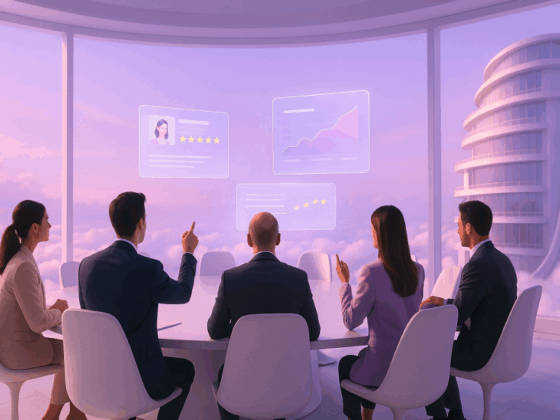
Welcome to “The AI Advantage,” a monthly series by Michael J. Goldrich, Chief Experience Officer at The Hotels Network and Founder and Chief Advisor at Vivander Advisors. Each month, Michael explores the latest AI trends and innovations shaping the hospitality industry and their impact on hoteliers.
Marketing has always been about output. More content, more emails, more campaigns. That might work if you have a large team and deep pockets.
Most hotels don’t.
Instead, they’re working with lean staff, limited time, and rising pressure to drive direct bookings. There’s no marketing department. There’s just someone figuring it out between meetings and guest requests.
That’s where vibe marketing comes in.
This isn’t a new platform. It’s a new mindset. You set the creative direction. AI executes the work. You spend less time building, formatting, and tweaking and more time guiding the vision.
Done right, vibe marketing gives small teams the same muscle as big ones. It delivers fast output without sacrificing brand voice. And in a world where attention is short and campaigns need to move quickly, speed matters.
What It Is
Vibe marketing borrows from a concept in software development called vibe coding. In both cases, the human defines the goal. The AI handles the details.
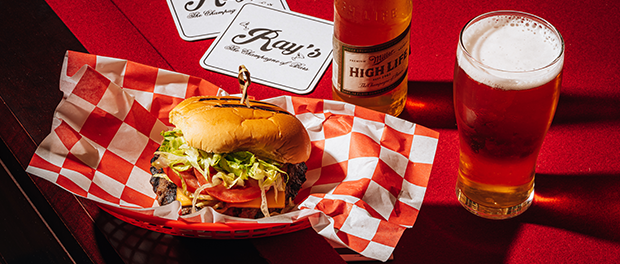
Let’s say you’re running a summer sale. Instead of creating every piece of content from scratch, you give your AI system a single prompt:
“Create a campaign for our beachfront hotel. Focus on families. Highlight flexible booking and a 15% discount for direct bookings.”
From there, the system builds out an email, adapts the content for Instagram, writes a short blog post, and creates a landing page. A no-code tool connects the steps. Your role is simple: check the output, tweak where needed, and launch.
You’re still in control of the message. But the system does the heavy lifting.
That’s the shift. You go from executing every step to orchestrating the outcome.
Why It Works for Hospitality
Hotel teams have been forced to run lean for years. One person manages the website, schedules emails, handles the socials, and builds promotions. There’s no ad agency. No in-house content team. Just too many hats on one head.
This environment is exactly where vibe marketing thrives.
It gives you a virtual team. One that writes, designs, schedules, and even reports on demand, at scale. You still define the offer, the voice, the guest segment. But you’re no longer stuck doing every task yourself.
This approach doesn’t replace your creativity. It gives it structure. You stop chasing campaigns and start directing them.
How It Shows Up in Your Work
Picture this.
You’ve got a promotion ready. Instead of writing the email, captioning the post, formatting the landing page, and pulling data to measure performance, you plug your intent into the system.
In minutes, you have a multi-channel campaign that’s ready to go live. The email copy is tested and optimized. The social posts are aligned with the brand. The landing page is already linked to your PMS. When the campaign launches, results are tracked and fed back into the loop.
You didn’t cut corners. You just cut time.
And because you’re not stuck in the weeds, you can run more campaigns, test more ideas, and respond faster to what’s happening on the ground from local events to occupancy dips to last-minute weather shifts.
Making It Work
This isn’t push-button magic. The system is only as good as the structure behind it.
You need clarity on your brand voice. A solid handle on your guest segments. Offers that resonate. A data source that gives the system something to work with. And a bit of curiosity to test, refine, and improve over time.
Once you have that foundation, the rest starts to move faster.
You’re no longer waiting two weeks to get an email out. You’re launching in two hours. You’re building once and repurposing across channels. You’re freeing up hours per week without sacrificing quality.
The result? Faster marketing, stronger personalization, and fewer missed opportunities.
What This Means for Direct
The discovery journey is changing. Guests aren’t browsing pages of hotel listings like they did in the past. They’re asking AI tools to find them a place to stay. And unless your brand is top of mind, those tools are sending them to an OTA.
That’s the reality.
Vibe marketing helps you stay in the game by increasing your speed, your relevance, and your visibility. You can create content that speaks to specific guest types. Run timely campaigns that feel personalized, not generic. And do it all without adding more headcount.
It doesn’t just help you market better. It helps you compete.
Where to Start
Start small by opening ChatGPT (or Gemini Pro) and prompting it to draft your promo email, Instagram caption, and landing-page copy in your hotel’s voice.
Pipe that content through a drag-and-drop automator like Make.com or Zapier so it drops straight into Mailchimp and Meta Business Suite on the schedule you set.
Save the whole process as a reusable Airtable (or Notion) “Campaign” template, so next time you simply duplicate, tweak, and launch.
Over time, you’ll find your rhythm. You’ll stop building every piece from scratch. You’ll stop relying on last-minute pushes to fill rooms.
You’ll start running like a team twice your size.
Final Word
Vibe marketing isn’t about chasing trends. It’s about building systems that let you move fast without burning out.
The hotels that adopt this mindset won’t just keep up. They’ll pull ahead because they’ll spend more time creating value and less time stuck in spreadsheets.
This isn’t a future-state. It’s already happening.
And the sooner your team starts working this way, the stronger your direct channel will be.
Let’s make it work.
ABOUT THE AUTHOR
Michael J. Goldrich is THN’s Chief Experience Officer and Founder and Chief Advisor of Vivander Advisors, specializing in digital and AI strategies for thought leadership, thought education, and thought solutions. A leading expert in generative AI, he authored Too Many Hats, Too Little Time. After spending nearly two decades in digital marketing and project leadership for multimillion-dollar brands and startups, his expertise in has established him as a sought-after consultant and a pivotal figure in shaping the future of customer engagement within the hospitality sector. Connect with Michael on LinkedIn.

